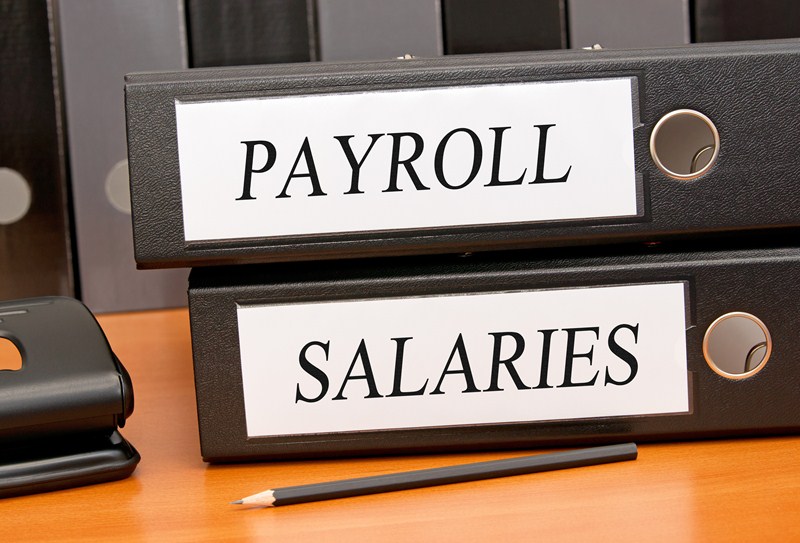There is no specific requirement for employers to provide employees with transport home. Nevertheless, an employer has a duty of care to their employees, which means that they should take all steps which are reasonably possible to ensure their health, safety and wellbeing.
Ensuring that an employee gets safely home during unsocial working hours could fall within the employer's 'duty of care'. Often in these situations an employer will pay for a late night taxi for an employee to travel home from work. This can also happen where there is a breakdown in a car sharing arrangement.
There is usually a taxable benefit where an employer provides free transport or pays for transport for an employee’s journey between home and a permanent workplace. However, there is a special tax exemption available where employees are required to work late 'occasionally'.
The exemption applies only where the following conditions are satisfied:
- The employee is required to work later than usual and until 9pm or later.
- The occasions are irregular.
- By the time the employee ceases work, either public transport has stopped, or it would not be reasonable to expect the employee to use public transport.
- The transport is by taxi, hire car or similar private road transport.
There is also an overall maximum allowance of 60 qualifying journeys in a tax year. No tax relief is available where employees work late by choice, where late working is a regular feature of employment or where the employer does not reimburse travel expenses.












